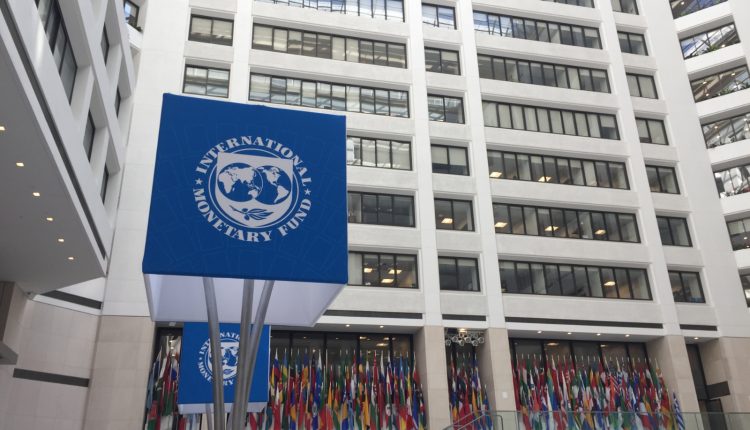The International Monetary Fund (IMF) announced a staff-level agreement to provide Bangladesh with $1,15 million, aimed to support the country’s economic and financial stability.
This amount consists of $932 million under the Extended Credit Facility (ECF) and Extended Fund Facility (EFF) arrangements, and the rest is worth $220 million under the Resilience and Sustainability Facility (RSF).
The IMF acknowledged the Bangladeshi government’s progress on reforms outlined in the IMF-supported programme. However, the mission team also highlighted key challenges facing the nation. These include:
- Persistently high inflation: Spillovers from global financial tightening, elevated international commodity and food prices, coupled with domestic vulnerabilities, have fuelled inflation.
- Declining foreign exchange reserves: External pressures have caused a drop in Bangladesh’s foreign exchange reserves.
- Exchange rate realignment: To address external vulnerabilities, the Bangladesh Bank has implemented a crawling peg exchange rate regime to increase exchange rate flexibility.
To address these challenges, the IMF recommends a multi-pronged approach:
- The Bangladesh Bank is advised to further tighten monetary policy, including raising interest rates, to combat inflation arising from the exchange rate reform.
- The government should prioritise revenue-based consolidation through tax policy and administrative reforms to support monetary tightening efforts.
- Greater exchange rate flexibility: The recently implemented crawling peg system is seen as a positive step towards greater exchange rate flexibility in the long run.
The IMF projects Bangladesh’s real GDP growth to moderate to 5.4 per cent in fiscal year 2024 (FY24) due to import compression and policy tightening.
However, growth is expected to rebound to 6.6 per cent in FY25 as these measures stabilise the economy.
Inflation is projected to remain elevated at 9.4 per cent in FY24 before declining to 7.2 per cent in FY25. Downside risks, however, remain prevalent due to external uncertainties.


